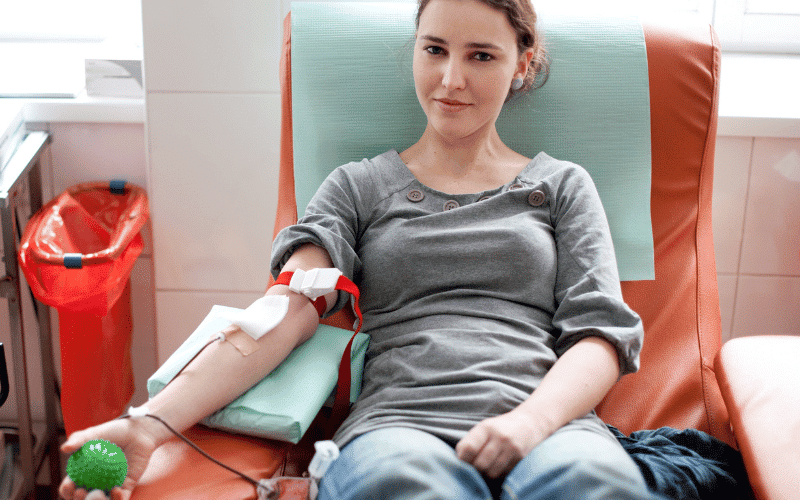Tip 9. Regular Blood Tests: A Vital Part of Life After Thyroidectomy

Following your thyroidectomy, regular blood tests will become an essential part of your routine. These tests are crucial in monitoring your thyroid hormone levels and ensuring that you’re on the right dose of thyroid hormone replacement medication.
Your doctor will typically order these tests at regular intervals, depending on your specific circumstances. They’ll likely check your levels of Thyroid Stimulating Hormone (TSH), along with Free T4 and T3, which give a more complete picture of your thyroid function.
Understanding your test results can be empowering. It allows you to take an active role in managing your health and to engage more effectively in conversations with your healthcare provider.
Your TSH levels can give an indication of whether your thyroid hormone replacement medication is working effectively. If your TSH is too high, it could mean that you’re not getting enough thyroid hormone. If it’s too low, it could mean that you’re getting too much. Your Free T4 and T3 levels can provide further information on how your body is responding to the medication.
Don’t hesitate to ask your doctor questions about your test results. They can help you understand what these numbers mean and how they impact your health.
Remember, you’re an integral part of your healthcare team. The more you understand about your health, the more effectively you can manage it. (9)